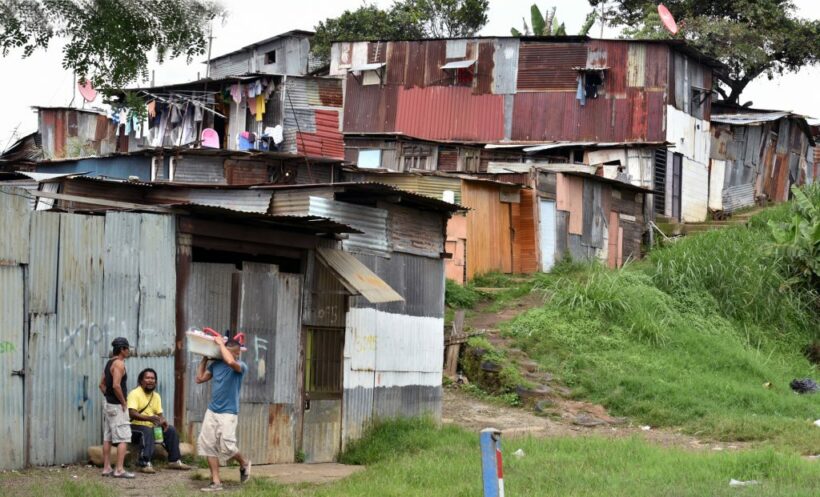The Costa Rica we live in today is the most unequal in the last forty years and the scenario could not be more complicated.
A state with very limited resources, an increase in organised crime and an “educational blackout” are part of the ingredients of a cocktail that could have very serious consequences, especially for future generations of Costa Ricans.
José Rafael Quesada, deputy mayor of Montes de Oca, believes that the country could meet these challenges by focusing on decentralisation and strengthening local governments.
“The only way forward is to decentralise the country, reduce the size of the ministries and give municipalities more powers, with a corresponding increase in resources so that they can make decisions in their own territory. It means thinking globally, but acting locally. Politicians have to understand this once and for all,” said the municipal leader.
For Quesada, Costa Rica is a country with little institutionalisation in the territories, especially in the areas where the social state is most needed, something that could be solved by giving more competences and resources to the municipalities.
“This is not a matter of political parties, it is a matter of putting people first, of being humanist, and aware that the current state model does not respond to the real needs of those who need it most”, concluded José Rafael Quesada.






